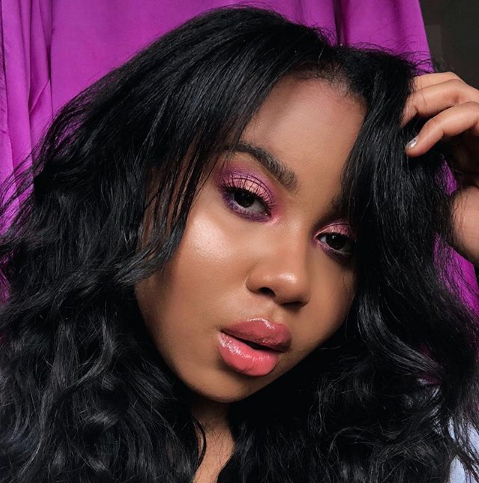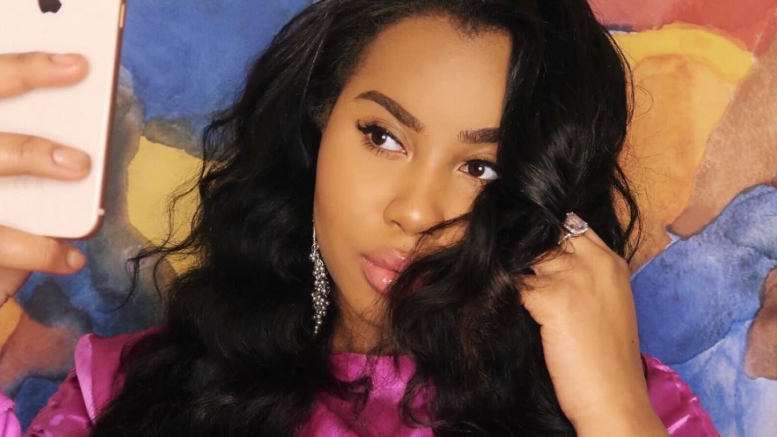The social media phenomenon of white people posing as black, shows how the culture and look of people of colour are seen as a commodity.
It has some people on Twitter in an uproar – some calling it “blackfishing”. A Twitter thread was created calling out Instagram influencers who are allegedly blackfishing.
https://twitter.com/WannasWorld/status/1059989829486690304
https://twitter.com/WannasWorld/status/1060189184202235905
The tweets highlight the frustration people have with these influencers – they are capitalising on black features when in fact, they are white.
But it’s disheartening for Black women, such as model and blogger Lauren Campbell who competes with white counterparts.
“As someone who’s in the industry, it’s frustrating because those girls tend to have thousands and thousands of followers in comparisons to dark skin girls or someone who’s just my complexion.”

Lauren Campbell – Credit: Instagram
Lauren has an impressive 13,000 followers. Yet, Emma Hallberg, one of the influencers accused of “Blackfishing”, has 200,000 followers. Lauren is aware of the privilege of having European features.
“I think for me it’s different, in some ways I fit into the Eurocentric aesthetics but obviously not in others. I think my experience is going to be much different to a dark skin black woman.”
“I have friends that have felt that way and it’s disheartening especially when you have girls that are faking it.”
It’s funny how it’s okay for everybody to be black except for black people. pic.twitter.com/j33F5f3uGx
— Migi ⟭⟬ ⁷ (@Claviqal) November 7, 2018
Lauren points that black culture is trendy and “if people think they are able to get away with it or to do than they will”.
She sees it harmful for the culture.
“When it comes to diversity and representation, lots of people are looking for people that represent them. Whether they’re an influencer or just an everyday person.”
Words by Earyel Bowleg | Subbing by Megan Naylor and Maria Campuzano
Photo credit: Lauren Campbell Instagram

